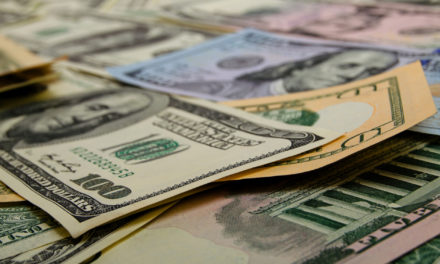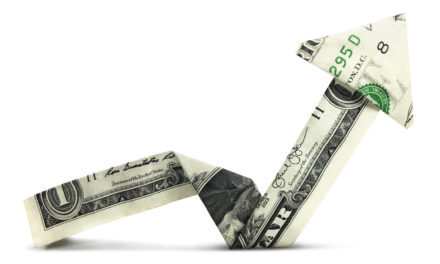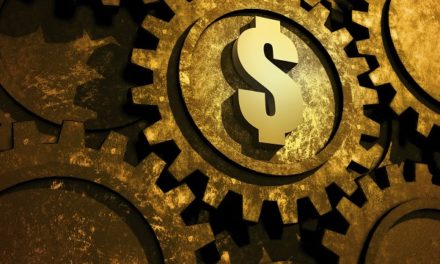
“Only buy something that you’d be perfectly happy to hold if the market shut down for 10 years.”
— Warren Buffett
A key lesson we can learn from Warren Buffett, is about how to think about a potential stock investment in the context of a long-term time horizon. Every investor in a stock has a choice: bite our fingernails over the short-term ups and downs that are inevitable with the stock market, or, zero in on stocks we are comfortable to simply buy and hold for the long haul — maybe even a ten year holding period. Heck, investors can even choose to completely ignore the stock market’s short-run quotations and instead go into their initial investment planning to hold on for years and years regardless of the fluctuations in price that might occur next.
Today, we examine what would have happened over a ten year holding period, had you decided back in 2014 to buy shares of AbbVie Inc (NYSE: ABBV) and simply hold through to today.
| Start date: | 12/31/2014 |
|
|||
| End date: | 12/30/2024 | ||||
| Start price/share: | $65.44 | ||||
| End price/share: | $176.20 | ||||
| Starting shares: | 152.81 | ||||
| Ending shares: | 231.41 | ||||
| Dividends reinvested/share: | $42.41 | ||||
| Total return: | 307.74% | ||||
| Average annual return: | 15.08% | ||||
| Starting investment: | $10,000.00 | ||||
| Ending investment: | $40,769.26 | ||||
As shown above, the ten year investment result worked out exceptionally well, with an annualized rate of return of 15.08%. This would have turned a $10K investment made 10 years ago into $40,769.26 today (as of 12/30/2024). On a total return basis, that’s a result of 307.74% (something to think about: how might ABBV shares perform over the next 10 years?). [These numbers were computed with the Dividend Channel DRIP Returns Calculator.]
Always an important consideration with a dividend-paying company is: should we reinvest our dividends?Over the past 10 years, AbbVie Inc has paid $42.41/share in dividends. For the above analysis, we assume that the investor reinvests dividends into new shares of stock (for the above calculations, the reinvestment is performed using closing price on ex-div date for that dividend).
Based upon the most recent annualized dividend rate of 6.56/share, we calculate that ABBV has a current yield of approximately 3.72%. Another interesting datapoint we can examine is ‘yield on cost’ — in other words, we can express the current annualized dividend of 6.56 against the original $65.44/share purchase price. This works out to a yield on cost of 5.68%.
More investment wisdom to ponder:
“In the end, how your investments behave is much less important than how you behave.” — Benjamin Graham



